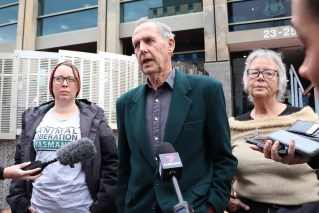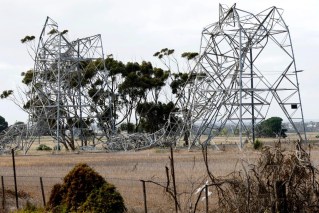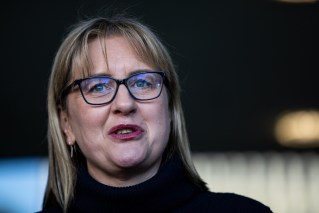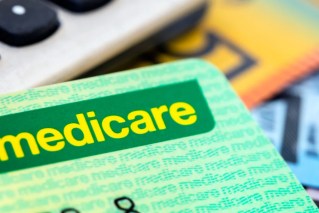WA Premier Mark McGowan shelves February 5 border reopening plan

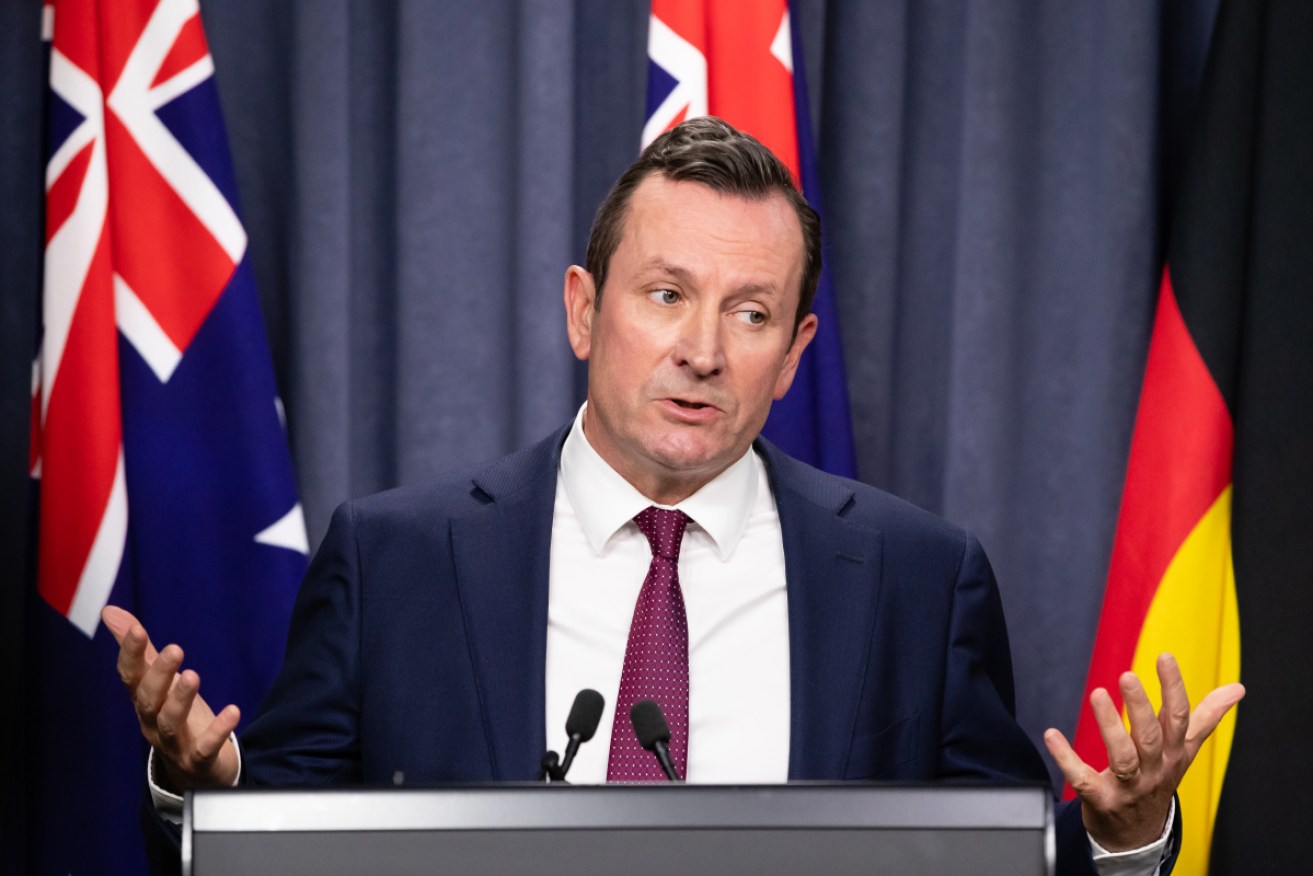
Premier Mark McGowan says WA will eventually move to seven-day quarantining, but not yet. Photo: AAP
Western Australia has scrapped plans to reopen its borders on February 5 and will remain closed off indefinitely over fears that an Omicron wave could smash the state.
In a late-night press conference on Thursday, Premier Mark McGowan announced it would be “reckless and irresponsible” to let the variant loose in WA given what was happening on the east coast.
He said the state would pursue a goal of getting its triple-vaccination rate “up above at least 80 per cent, perhaps 90 per cent,” and will reconsider a new reopening date over the next month.
WA’s third dose rate currently sits at about 26 per cent, a level broadly comparable with that of the eastern states.
“What we are going to do is review the situation over February and watch what is occurring over east and work out what the best approach is for Western Australia,” said Mr McGowan.
The premier said the news would be “very disappointing” for many people but he said “the world changed” when Omicron arrived.
The previous reopening plans, announced in December, were based on modelling for the Delta variant and hitting 90 per cent double-dose vaccination, but Mr McGowan said: “Omicron is a whole new ball game.”
“We can’t just shut our eyes and hope that it is different,” he said.
“It’s very disappointing for lots of people, lots of people have booked holidays, flights and the like, very disappointing and hard for those people and families, hard for some businesses,” Mr McGowan said.
“But if you have a look at the alternative, which is what is going on in the eastern states at the moment they basically have hundreds of people dying, they have mass dislocation in the economy, in logistics, freight, and all elements of the economy.”
“They have huge numbers of people not going to work, kids not going to school, hospitals overflowing with patients, hospitals in meltdown, that is what is happening.
“It would be grossly irresponsible of me not to act on the basis of that because to do anything else without high levels of vaccination would basically mean we would be responsible for potentially lots of people dying.”
More compassionate exemptions will be granted from February 5, when the borders had been due to be brought down.
Anyone who makes it into WA from February 5 will still be required to quarantine for 14 days.
Interstate travellers will be allowed to self-quarantine but must be triple-dose vaccinated if eligible. International arrivals are required to enter hotel quarantine for seven days before being allowed to self-quarantine.
In light of what has occurred across the country, having closely assessed the situation over east and listening to the latest health advice, we have reworked WA’s Safe Transition Plan to fit the environment that now confronts us. pic.twitter.com/o7Qb2vRrMU
— Mark McGowan (@MarkMcGowanMP) January 20, 2022
The decision raises serious questions about the government’s lack of preparedness after almost two years of border closures.
WA’s hospital system has struggled under the Labor government, with doctors and nurses concerned it could not handle a surge in COVID-19 cases.
“If we proceeded with the original plan, we would be deliberately seeding thousands upon thousands of COVID cases into WA and at this point in time, that is not what I’m going to do,” said Mr McGowan.
“Especially when the science says we need to boost third doses and so many young children still need to get their vaccine.”
The premier denied the health system was not ready for borders reopening.
“The advice we have is the health system is strong and ready, but the problem is the rollout of the third dose,” he said.
“So all the advice we have is the third dose makes people’s resistance to Omicron stronger.”
WA’s Chief Health Officer Dr Andy Robertson said even though Omicron was considered a milder strain, infected people spread the disease because it was highly transmissible.
“When Omicron came into the country, getting to a 90 per cent level on double dose was showed to give benefit,” he said.
“Unfortunately, what we also found was that it wasn’t protective enough.”
“What we also saw was that adding booster doses to that mix really does increase the benefit, we will end up reducing our case load, reducing our hospitalisations, and reducing our ICUs.”
Media statement: COVID-19 update 20 January 2022 https://t.co/umyhGKD302
— WA Health (@WAHealth) January 20, 2022
Mr McGowan had said last month the only reason WA wouldn’t reopen its borders on February 5 was if there was an “unforeseen emergency”, such as the emergence of a new deadlier strain or a realisation Omicron was deadlier than anticipated.
The premier insisted his position had not changed.
“It is an unforeseen catastrophe and it is an emergency. I mean, does anyone deny what’s going on over there (in the eastern states) is not that?” he said.
“People aren’t going to work, hospitals are overflowing, hundreds of people are dying … shopping malls are empty. We are doing our best to avoid that.”
WA Health reported five new local COVID-19 cases on Thursday, including a person with no apparent connection to known clusters.
The infected person, identified overnight, has not been linked to any known cases and had been infectious in the community.
The other four cases were all contacts of previously reported cases. Two had been in quarantine and the others had been “potentially infectious” in the community.
WA has 79 active cases.
-AAP

